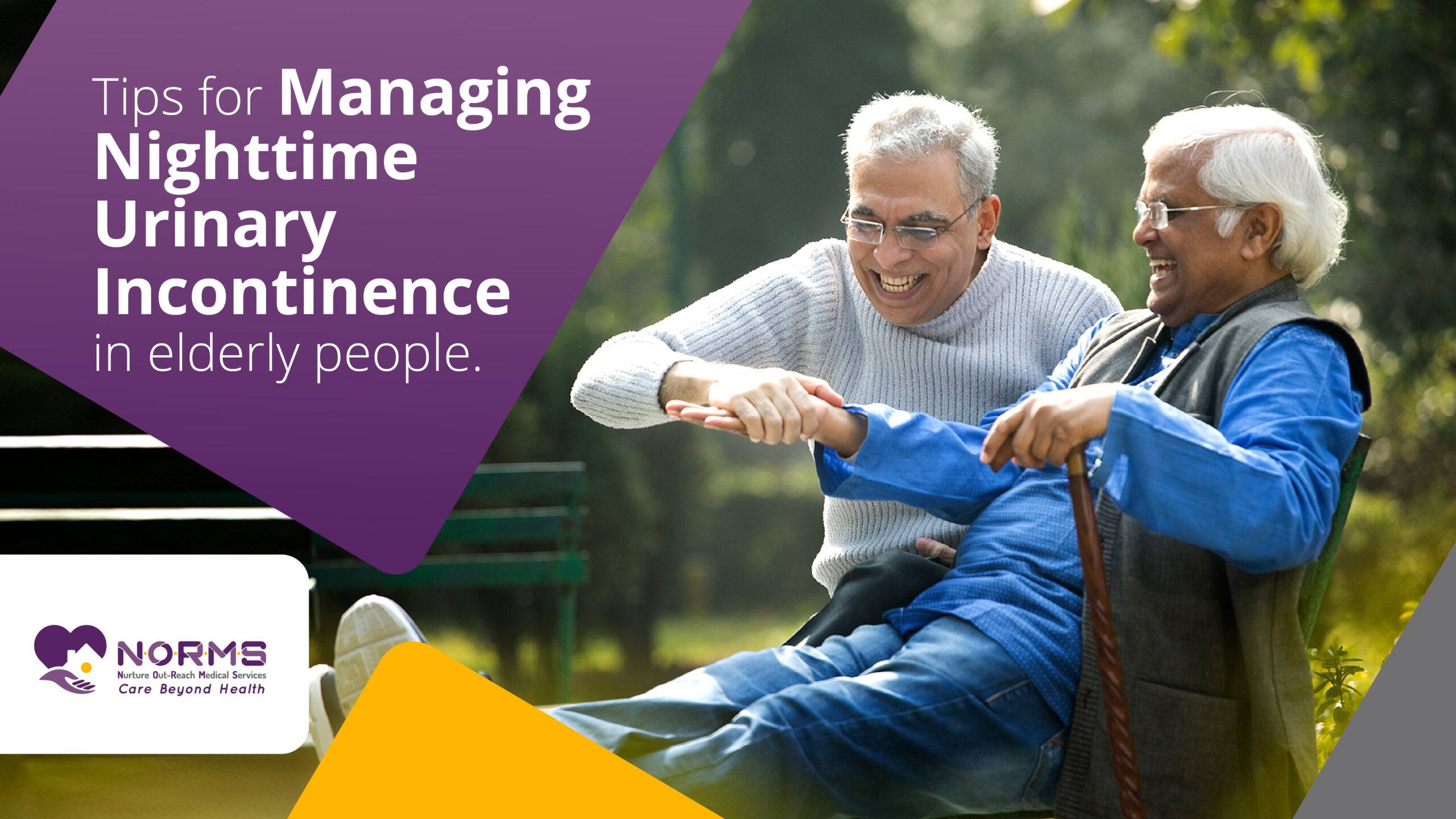
Senior people may visit nighttime urinary incontinence judged nocturnal enuresis which is worth distressing and challenging to them, it can lead to poor sleep quality, and may affect the self-confidence of seniors and their overall well-being. Even though ages start to be correlated with the urge of this condition, it is still not a normal part of the aging process and appropriate coordination strategies should be applied in this case.
In this article, we will discuss tips and methods involved to treat incontinence during the night time in seniors.
A problem which many elderly people are coping with it around the globe : Reduced Bladder Capacity
When people grow old, the bladder can stop stretching and not hold urine for long periods, which then results in longer intervals along with urge in the nights.
The pelvic floor muscles’ weakness or loss of tone and the reflex is the major reasons for leakage of urine, noticable mostly at night when the muscle activity may be less.
Seniors with chronic conditions like diabetes, urinary infections in bladders (UTIs), big prostate glands (in men), and neurological diseases are more likely to get night time urinary incontinence.
Some medications for a short sleep, diuretics, and anticholinergic drugs, can affect bladder function resulting in night-time incontinence even though there is sleep.
Instruct the elderly to refrain from drinking huge amounts of fluids including caffeinated and alcoholic beverages that late in the night. This can be achieved through the action of melatonin as well as through the minimize the likelihood of nighttime bedwetting problems.
Regulating a toileting schedule, before going to bed and upon waking up, will help seniors to empty their bladder completely, which is then closely related to the diminishing occurrence of nighttime sleep-related accidents. Inform them to use the bathroom, no matter if they have or don’t have the need to urinate.
Use the waterproof mattress protectors and the super absorbent pads or disposable undergarments to protect the mattress from the bed linens which are Urine leaks. These lotions are particularly beneficial fornighttime urinary incontinence where they can offer added security and peace of mind.
Be sure that there are no falls and airshots between the bed and bathroom during the night; the floor by the bathroom is clean and well-lit.
Nighttime urinary incontinence can significantly impact the quality of life for seniors, but with the right strategies and support, it can be effectively managed. By implementing practical tips such as limiting fluid intake before bed, scheduled toileting, pelvic floor exercises, and addressing underlying health issues, seniors can regain control over their bladder function and enjoy restful nights of sleep.
Probably, incontinence is probably more frequently met among elderly people as contrasted to the young ones due to the changes in the bladder function and muscle tone which is because of the age. Nevertheless, it has to be treated with proper methods and precautions.
At times, incontinence medications may be prescribed so as to manage the urge to urinate on some nights but are commonly prescribed where conditions that cause this incontinence or its side effects are observed.
Absolutely, proper lifestyle adjustements by following a healthy diet, sufficient drinking, no overconsumption of caffeine and alcohol and regular exercises can positively affect the bladder health and decrease night time urinary incontinence.